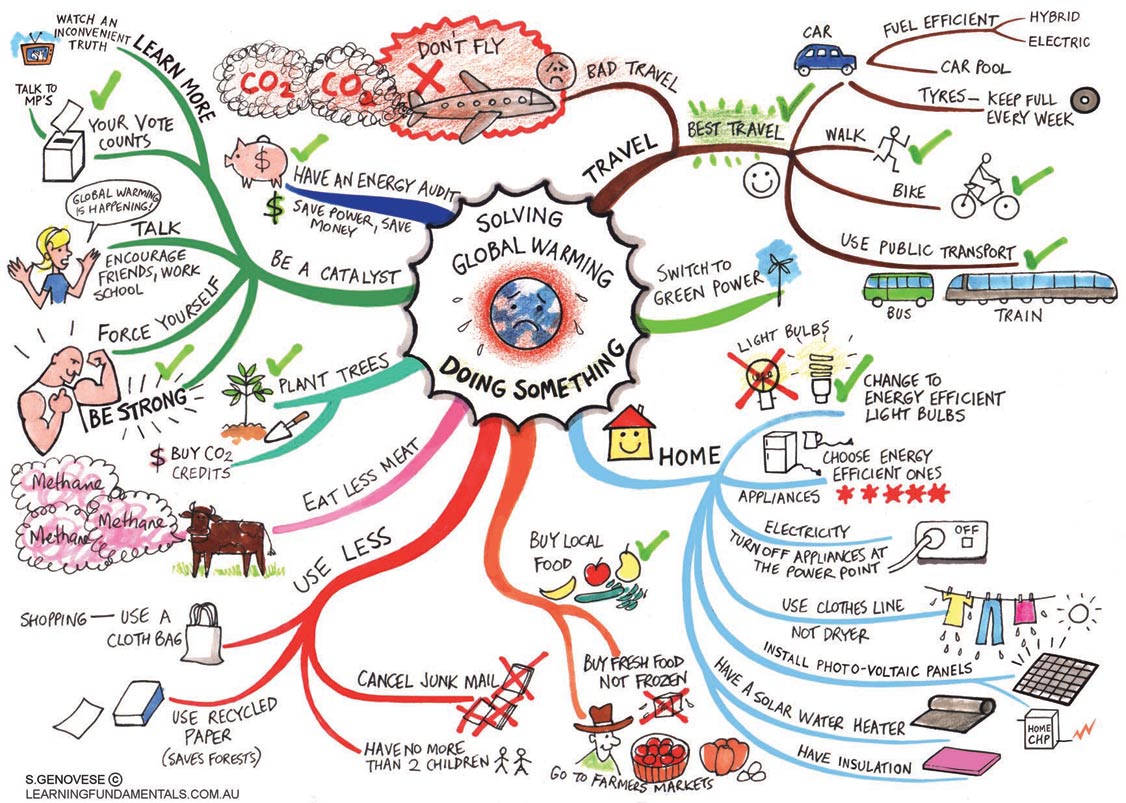
The Impact of Global Warming on Egypt

Research shows that climate change could further exacerbate these trends, especially in the southern basin where agricultural production is increasingly unable to satisfy internal food demand, and soil quality and water availability continue to deteriorate.
The World Bank describes Egypt as particularly vulnerable to the effects of global warming, saying it faces potentially "catastrophic" consequences.
The big reason is the vulnerability of Egypt's breadbasket — the Nile Delta, a fan-shaped area of rich, arable land where the Nile River spreads out and drains into the Mediterranean Sea.
Although the Delta makes up only 2.5% of Egypt's land mass, it is home to more than a third of this largely desert country's 80 million people.

The increased temperatures and lower precipitation simulated for this region by the NASA GISSglobal climate model driven by a scenario with rapidly increasing greenhouse gases would adverselyaffect crops and water availability, critically influencing the patterns of future agricultural production.

Water management could become a problem in semi-arid areas of the northern basin, especially in parts of Spain, Greece, and southern Italy where irrigation water for vegetable crops (such as tomatoes) may be in shorter supply.

Computer crop models were used to predict yield changes caused by climate change. These models include the beneficial effects of increasing CO2 levels on crop growth and water use.

e Delta was already in danger, threatened by the side effects of southern Egypt's Aswan Dam. Though the dam, completed in 1970, generates much-needed electricity and controls Nile River flooding, it also keeps nutrient sediment from replenishing the eroding Delta.
Scientists generally predict that the Mediterranean, and the world's other seas, will rise between one foot (30 centimeters) and 3.3 feet (one meter) by the end of the century, flooding coastal areas along the Delta.
Add climate change to the mix, and the Delta faces new uncertainties that could have a potentially more devastating effect on Egypt.
A rise of 3.3 feet (one meter) would flood a quarter of the Delta, forcing about 10.5% of Egypt's population from their homes, according to the World Bank. The impact would be all the more staggering if Egypt's population, as expected, doubles to about 160 million by the middle of the century. The Delta is already densely packed with about 4,000 people per square mile (2.6 square kilometer).

Egypt is particularly vulnerable to global warming because of its dependence on the Nile River.
Dramatic decrease in for wheat and maize at four sites along the Nile in the 2050s.undefined

The Delta was already in danger, threatened by the side effects of southern Egypt's Aswan Dam. Though the dam, completed in 1970, generates much-needed electricity and controls Nile River flooding, it also keeps nutrient sediment from replenishing the eroding Delta.
Already, the Mediterranean has been creeping upward about .08 inches annually for the last decade, flooding parts of Egypt's shoreline, el-Raey said.

In Egypt, as in much of Africa, global warming is rarely discussed. But the government in Cairo is beginning to confront the problem.
In Alexandria, authorities are spending US$300 million (euro222 million) to build concrete sea walls to protect the beaches along the Mediterranean, Frihy said. Sand is being dumped in some areas to replenish dwindling beaches.

Those losses would pale to the impact of the worst-case scenario that some scientists are predicting -- global warming unexpectedly and rapidly breaking up the Greenland and West Antarctic ice sheets.
If this happens, seas could rise by about 16 feet (4.9 meters), causing mass devastation to the region, according to a World Bank study released this year.
